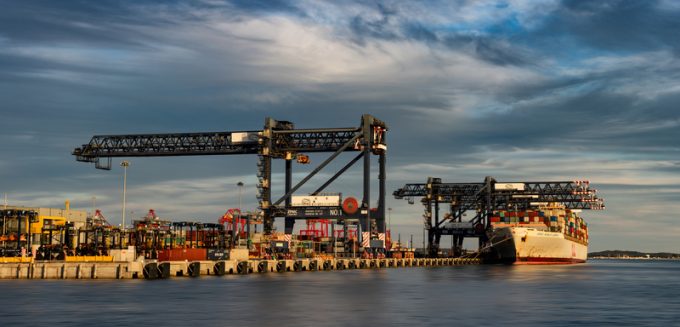Business calls for end to French port strikes, but unions plan more
French industry body the Mouvement des Entreprises de France (MEDEF) is demanding a swift end ...

The Maritime Union of Australia (MUA) has suspended all industrial action at Patrick Terminals, without a pay deal.
However, the build-up of 100,000 containers at four ports could still take up to three months to clear, and with no new labour agreement reached, there’s no guarantee work stoppages won’t resume as peak season gets under way.
The move follows a two-day hearing at the Fair Work Commission (FWC), after Patrick filed an application to have industrial action terminated at its Sydney, Melbourne, ...
'Disastrous' DSV-Schenker merger would 'disrupt European haulage market'
New senior management for DSV as it readies for DB Schenker takeover
Volumes set to 'fall off a cliff' as US firms hit the brakes on sourcing and bookings
Asian exporters scramble for ships and boxes to beat 90-day tariff pause
Amazon pushes into LTL for small package fulfilment and UPS does a u-turn
Temporary tariff relief brings on early transpacific peak season
Pre-tariff rush of goods from US to China sees air rates soar, but not for long
Forwarders 'allowing the fox into the chicken run' by supporting 'hungry' carriers

Comment on this article